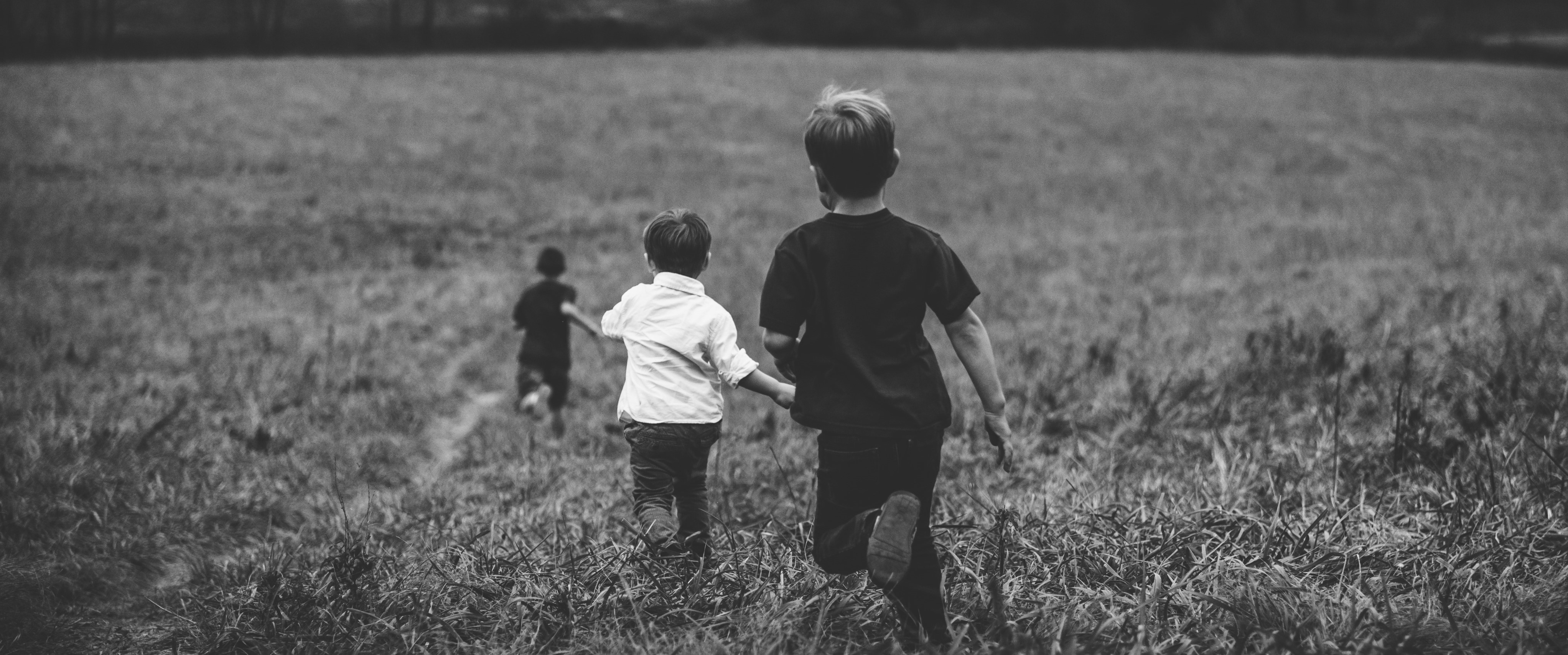 The Paradoxical Theory of Change[i] states that we can only change aspects of ourselves when we first become what we are. Likewise, in order to support children’s development, we also need first to see them for who they really are and accept where they are at.
The Paradoxical Theory of Change[i] states that we can only change aspects of ourselves when we first become what we are. Likewise, in order to support children’s development, we also need first to see them for who they really are and accept where they are at.
This can be a difficult thing to do. To begin with, we need to be present with children for long enough and with sufficient attunement to really get to know who they are and how they are doing. This is perhaps one of the greatest challenges for many parents today, with the pressures of work and the distractions of technology. I once passed a young boy walking with his Mum who was on her phone. “Mum, you’re not listening” said the boy, tugging at her sleeve. “I am listening” she said, not looking up. “But you’re not hearing me” the boy replied.
Quantity of time together is important, but quality of contact is what matters most. Setting aside a block of time for a planned activity at home or a trip out will usually be very well received. In addition, briefer periods are valuable windows of opportunity for everyday re-connection through child-directed play, shared tasks and focused listening.
Really being present with a child can be challenging for other reasons. When we look and listen we can be alerted to traits and behaviours which we may find irritating or displeasing. This can leave us feeling that we have failed as practitioners or parents and, at desperate times, that perhaps we made a monumental error ever choosing to take on a role of responsibility with children. We may feel disempowered, at a loss as to how to help and so we look the other way as the task seems too big. Challenging child behaviours may also reflect vulnerabilities in our own character that we would rather not acknowledge.
For children who have experienced complex developmental trauma (repeated adverse experiences over time), there can be an additional avoidance, in society at large and even in adults providing care and support. These insecurely attached children usually develop their own defensive patterns of behaviour. These can be aimed at either deflecting adult attention by presenting as pseudo-independent or drawing adults in to collude with their own negative self-view through becoming critical, rejecting or punitive towards them. Adults and systems taking up these scripts struggle to see beyond the child’s surface behaviours and may unconsciously be finding a way not to witness and sit with the child’s emotional pain, the enormous elephant of loss in the room. This protects individuals and services from the powerless anguish of imagining the horror and injustice of what life might have been like for a child during periods of abuse or neglect.
Once present and engaged with children, our next task is acceptance. In Dan Hughes’ P.A.C.E. approach to parenting[ii], the ‘A’ – Acceptance, is the fore-runner to Curiosity. This is not about condoning or encouraging negative behaviours. It is about being real and seeing the whole child for who he or she is. By accepting what is happening for a child, we are joining him/her and building a bridge, making it possible to develop understanding and then convey empathy.
This kind of acceptance is about taking an integrated view of human beings, steering clear of both idealisation and demonising. We accept that all of us have different parts which includes parts that we might think of as positive and negative. We go on existing, despite our apparent contradictions. Vulnerable children often need help with this as they split the world into either good or bad and fear that we will reject them if their less favourable parts are visible or made conscious. We can model integration for children by talking about different parts of ourselves – our cake-loving part, our grumpy part, our forgiving part.[iii]
True acceptance is not about putting up with behaviour and it is more welcoming than tolerance, more than bearing and giving permission to another’s way of being. It is about setting judgement aside as much as we are able, and privileging connection and relationship. It says “I am going to be with you no matter what you do and I am going to stay open and engaged to you, whatever you try to do to push me away”.
Acceptance is therefore unconditional. Even in their darkest, wildest and most hurtful moments we accept children and stay open and engaged. Without this, connection is lost and curiosity, understanding and empathy become marooned. This can feel like a radical, even reckless, position to take, but it is essential for building emotional resilience and enabling relational repair, both in the home and the therapy room.
Brighton and Hove Psychotherapy is a collective of experienced psychotherapists, psychologists and counsellors working with a range of client groups, including fellow therapists and health professionals. If you would like more information, or an informal discussion please get in touch with us by telephone or email. Online therapy is available.
Resources –
[i] Beisser, Arnold (1970) The Paradoxical Theory of Change https://www.gestalt.org/arnie.htm
[ii] Golding, Kim (2017) Everyday Parenting with Security and Love. Jessica Kingsley.
[iii] Bomber, Louise (2007) Inside I’m Hurting. Worth Publishing.
Leave a Reply